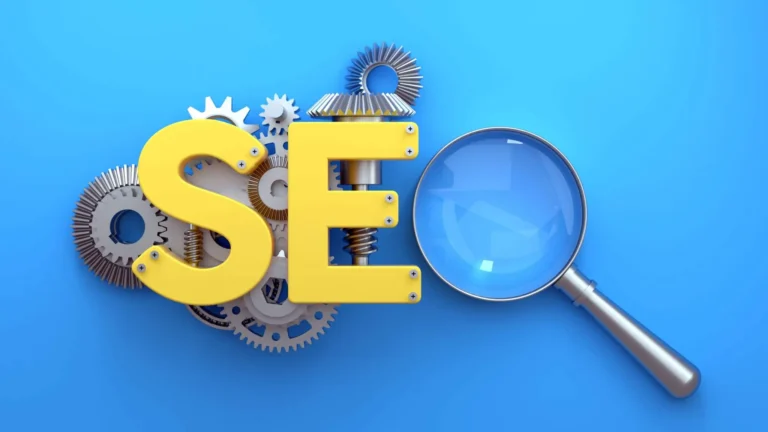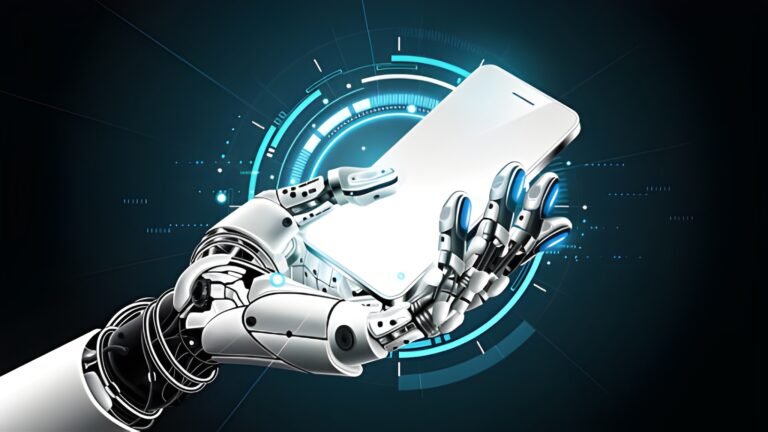Artificial intelligence (AI) has become a transformative force in nearly every industry, and human resources (HR) is no exception. The integration of AI into human resource management software development is no longer a futuristic concept but a present-day reality, reshaping how organizations manage their most valuable asset: their people. By automating routine tasks and providing data-driven insights, AI is enabling HR professionals to move beyond administrative work and focus on strategic initiatives that enhance employee engagement and drive business growth.
The Evolution of HRMS and the Rise of AI
Before the age of AI, HR software was primarily a system of record. These early platforms, often referred to as Human Resource Information Systems (HRIS), were designed to store employee data, track attendance, and process payroll. They were essential for digitizing paperwork and ensuring compliance, but they lacked the intelligence to analyze data or predict future trends. Over time, these systems evolved into more comprehensive Human Resource Management Systems (HRMS), which integrated a wider range of functionalities, including performance management and recruitment.
However, the real revolution began with the introduction of AI. AI-powered HRMS goes beyond simple automation; it actively learns from data, identifies patterns, and provides actionable recommendations. This shift transforms the HR department from a cost center to a strategic partner, capable of influencing key business outcomes. For a modern hr software development company, integrating AI is now a core requirement to remain competitive.
Key Applications of AI in HRMS
The applications of AI in HRMS are vast and touch upon nearly every aspect of the employee lifecycle.
1. Smarter Talent Acquisition and Recruitment
Recruitment is one of the most time-consuming and costly functions in HR. AI-powered tools are now streamlining the process from end to end.
-
Automated Resume Screening: AI algorithms can sift through thousands of resumes in minutes, analyzing skills, experience, and keywords to identify the most qualified candidates. This dramatically reduces the time recruiters spend on manual review and helps to minimize human bias by focusing on objective criteria.
-
AI-Powered Chatbots: Chatbots and virtual assistants can handle initial candidate interactions, answer frequently asked questions, schedule interviews, and provide real-time updates on application status. This improves the candidate experience and frees up recruiters to focus on building relationships with top talent.
-
Predictive Analytics: AI can analyze historical hiring data to predict which candidates are most likely to succeed and stay with the company. This helps in making smarter hiring decisions and reducing turnover. The process of hr software development for recruitment now heavily relies on these predictive capabilities.
2. Enhanced Employee Onboarding and Training
A smooth onboarding process is critical for new hire retention and engagement. AI makes the experience more personalized and efficient.
-
Personalized Onboarding Journeys: AI can tailor onboarding content, from training modules to company policy documents, based on a new employee’s role, department, and learning style.
-
Virtual Assistants: Onboarding chatbots can guide new hires through paperwork, answer questions about benefits, and introduce them to company culture, providing a 24/7 resource that ensures a seamless transition.
-
Skill Gap Analysis: AI can analyze an employee’s skills and performance data to identify gaps and recommend personalized learning and development programs. This is a crucial feature for hr portal development, enabling employees to take charge of their professional growth.
3. Continuous Performance Management
Gone are the days of the once-a-year performance review. AI is enabling a culture of continuous feedback and growth.
-
Real-time Feedback and Goal Setting: AI tools can collect and analyze performance data from various sources, providing managers and employees with real-time insights. They can also automate the setting of goals (KRAs/KPIs) that are aligned with organizational objectives.
-
Sentiment Analysis: AI can analyze internal communications, surveys, and feedback to gauge employee morale and identify potential issues before they escalate. This proactive approach helps HR teams address concerns promptly and improve employee satisfaction.
-
Unbiased Evaluations: By using objective data to inform performance appraisals, AI helps to reduce unconscious bias, ensuring fairer evaluations and career progression for all employees.
4. Payroll and Benefits Administration
The automation of administrative tasks is one of the most significant benefits of AI in HRMS.
-
Automated Payroll Processing: AI can automate complex payroll calculations, including tax deductions, bonuses, and overtime, significantly reducing the risk of human error and ensuring compliance.
-
Personalized Benefits Administration: AI can analyze employee data to recommend the most suitable benefits packages, making the enrollment process more personalized and efficient. This capability is a key differentiator for a modern hrm software development solution.
5. Strategic Workforce Planning
AI provides HR leaders with the data and insights needed to make informed strategic decisions.
-
Predictive Attrition Analysis: AI models can analyze employee data, such as tenure, performance, and engagement, to predict which employees are at risk of leaving the company. This allows HR to intervene with targeted retention strategies.
-
Workforce Forecasting: AI can forecast future talent needs based on business objectives, market trends, and historical data, helping companies plan for growth and identify potential skill gaps. This kind of foresight is invaluable for any organization.
The Future of AI in HRMS Software Development
The journey of AI in HR is just beginning. As AI technology, particularly large language models (LLMs) and generative AI, becomes more sophisticated, we can expect to see even more transformative applications.
-
Hyper-Personalization: The next generation of HRMS will offer an even more personalized experience for every employee, from tailored career paths and learning recommendations to customized wellness programs.
-
Agentic AI: We will see the rise of autonomous AI agents that can perform multi-step tasks with minimal human supervision, such as a “recruiter agent” that sources, screens, and schedules interviews for an entire department.
-
Ethical AI and Bias Mitigation: As AI becomes more integral to decision-making, there will be a greater focus on ensuring that algorithms are fair and transparent. AI development company will need to prioritize ethical design and robust testing to prevent the perpetuation of bias.
-
Integrated HR Ecosystems: AI will act as a central nervous system, seamlessly connecting various HR tools and platforms—from applicant tracking systems to payroll software—to create a unified, intelligent ecosystem. This will make hr software development services even more critical for building custom solutions that meet unique business needs.
Conclusion
The role of AI in hr software development is undeniably pivotal. It’s a shift from a system that simply manages data to a dynamic, intelligent platform that supports both employees and HR professionals. By automating repetitive tasks, providing actionable insights, and enabling data-driven decision-making, AI is liberating HR teams to focus on what matters most: nurturing a productive, engaged, and satisfied workforce. For companies looking to build a resilient and forward-thinking organization, the strategic integration of AI into their HRMS is no longer an option—it’s a necessity.





